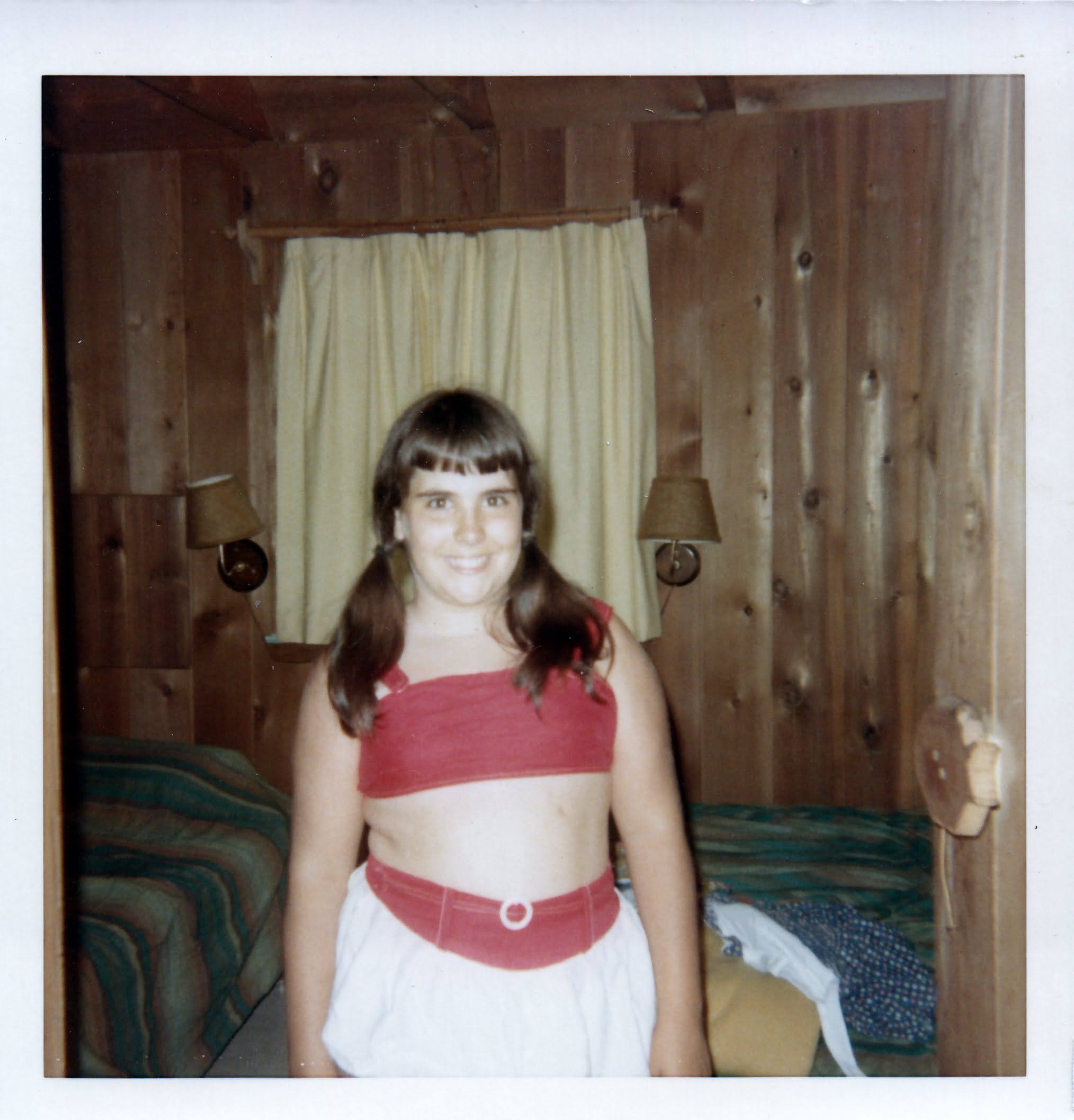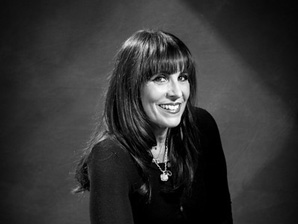Route 66 Installment #59: omg…I’m so fat! (and other body image musings)
 Reading Time: 5 minutes
Reading Time: 5 minutesI’ve had some complex relationships over the past six decades, but my relationship with my body, food, and exercise has been in the top five!
Before I started this post, I asked myself:
“How authentic is too authentic?”
Talking about issues of self-esteem, eating disorders, and aging with dignity may seem unprofessional. But 5-10 million people have real body dysmorphia issues, close to 30% of us have been affected by an eating disorder, and we spent about $40B getting our faces and bodies “fixed” through cosmetic surgery.

Why do we hate on ourselves — especially as we age?
- “I’m so fat…I shouldn’t have eaten those fries!”
- “I can’t ZOOM…I have a ‘turkey neck.'”
- “My boobs are soooo saggy…I gotta get them lifted!”
- “I’m losing my hair, so I’ll just wear a hat in my dating profile and no one will notice.”
Sound familiar?
Women are not alone in age dysmorphia. Hair color, elective surgery, and even penile implants are on the rise among men. (By the way, if you’re a squeamish dude, don’t click on that link! Plus, I can’t guarantee you won’t start getting pop-up ads for all kinds of ED cures.)
Speaking of Social Media (and Media)…
TikTok, reality TV streaming ads, and Facebook/Insta all have an impact on how we view our bodies. And that, in turn, has an impact on our mental health. Although only 5% of the population looks like the unfiltered “ideal,” we feel compelled to compare ourselves to the (fake) people we see online. Self-esteem (or lack of it) can affect job performance, mood, and relationships.

Last summer, a group of professional women gathered around the pool at the Adeline Hotel, stripped down to our bathing suits, and openly discussed how our body images had an impact on many aspects of our lives. We were shocked to find that even the most seemingly-perfect and successful women had stuff in their heads that was contributing to a lack of confidence, jealousy, unhealthy eating habits, and exercise obsessions.
Older Women & Body Image
“You don’t look 66.”
I hear that often. But what is 66 supposed to look like in 2023? I don’t look like my grandmother or mother did at my age because of a number of factors. I eat clean, exercise, wear the same fashions as I did in my youth, and remain connected and active.
The pressure to look and stay young is having a significant effect on people >50. As more of us become single and have to jump into the dating cesspool, the desire to remain desirable increases.
So How Do We Become Body-Positive as We Age?
The answer to that question isn’t simple. As a formerly chubby girl, the “fat in my head” may never completely vanish. What we CAN do is:
- Think health first and body image second. Adopt or maintain habits that will help us feel energized and connected. Don’t beat yourself up when you have a splurge day or skip exercising due to other commitments.
- Stay off the scale. It’s all about how your clothes fit and not what the digits say.
- Stop comparing yourself to other people. This is probably the most important and most difficult as we’re bombarded with “anti-aging” solutions. Learn to levitate and remind yourself of your wisdom, accomplishments, and other positive things that come along with aging. Stop filtering your photos and embrace your scars and imperfections.
- Avoid “peer pressure.” This can be tough. Explaining to friends that I don’t eat sugar and bread, or tuning out when a group of people starts discussing the chemicals they’ve had injected into their lips, cheeks, and foreheads can admittedly be difficult. Practice “tuning out” if you’re committed to making healthy changes in your life. Remember that most of what you see on social media is candy-coated B.S. Don’t dwell on it.
- Resist the urge to go under the knife, unless you really believe those wrinkles, love handles, or big/small/droopy boobs are having a significant impact on your life. I recently got a $20K estimate to get my neck toned up. Instead, I bought a tube of organic face cream for $20 and booked a relaxing facial. I can use the rest to go to Italy and buy a cashmere turtleneck (or two or three).
- Have honest discussions with people we trust. Talking about these issues with friends or mental health professionals can help us avoid negative thoughts or even dangerous eating habits. As parents and mentors, we can encourage younger people to focus on their health (mental and physical) rather than body image.

A Little Bit About My Own Relationship With My Body
My entire family was overweight and, although I was a skinny kid, I was an emotional eater and, by the age of 10, I was on the plump side. Wanting to be a cool/hot girl at 14, I pretty much starved myself until I thought I looked good.
After two pregnancies (C-sections) and a major surgery (losing 2/3 of my right lung), I plunged myself into a near-obsessive exercise and eating routine. I was deeply unhappy in my work and personal life in my late 40s but felt I was in control at 17% body fat. (The stomach bulge you see below is a huge fibroid, which I ultimately had removed, along with my uterus.)
I discovered that my “high school weight” was unsustainable through my 50s and I was even more miserable. I finally found a good healthy balance in my life and was featured in Prevention Magazine at 60. An unhappy relationship and life stress gradually resulted in weight gain. (See the facts about stress and weight below. Of course, I avoided having pictures taken during that era.)
But now, I’m finally at peace with my bod — perhaps for the first time in my life! I work out, but not to excess. I eat clean but don’t deprive myself. And I tune out when other women talk about weight, cosmetic surgery, and aging.
My scars and wrinkles (and even my love handles) are simply badges of wisdom and a life well lived. I’m trying to wear them proudly and encourage others to do the same!
- I had to shop in the “chubette” department. Yes, that was really the name!
- I stopped eating at 14.
- I call this era the mid-life “skeletor” phase. Yeah, I was jacked but totally miserable in many aspects of my life.
- At “Cabana for 20” last summer
You are Not Alone: Facts and Stats
 |
|
 |
How to help someone with an eating disorder. |
 |
Not just for girls. Men are now facing body dysmorphia issues. |
| Body image consciousness. When does it begin? What happens next? |





